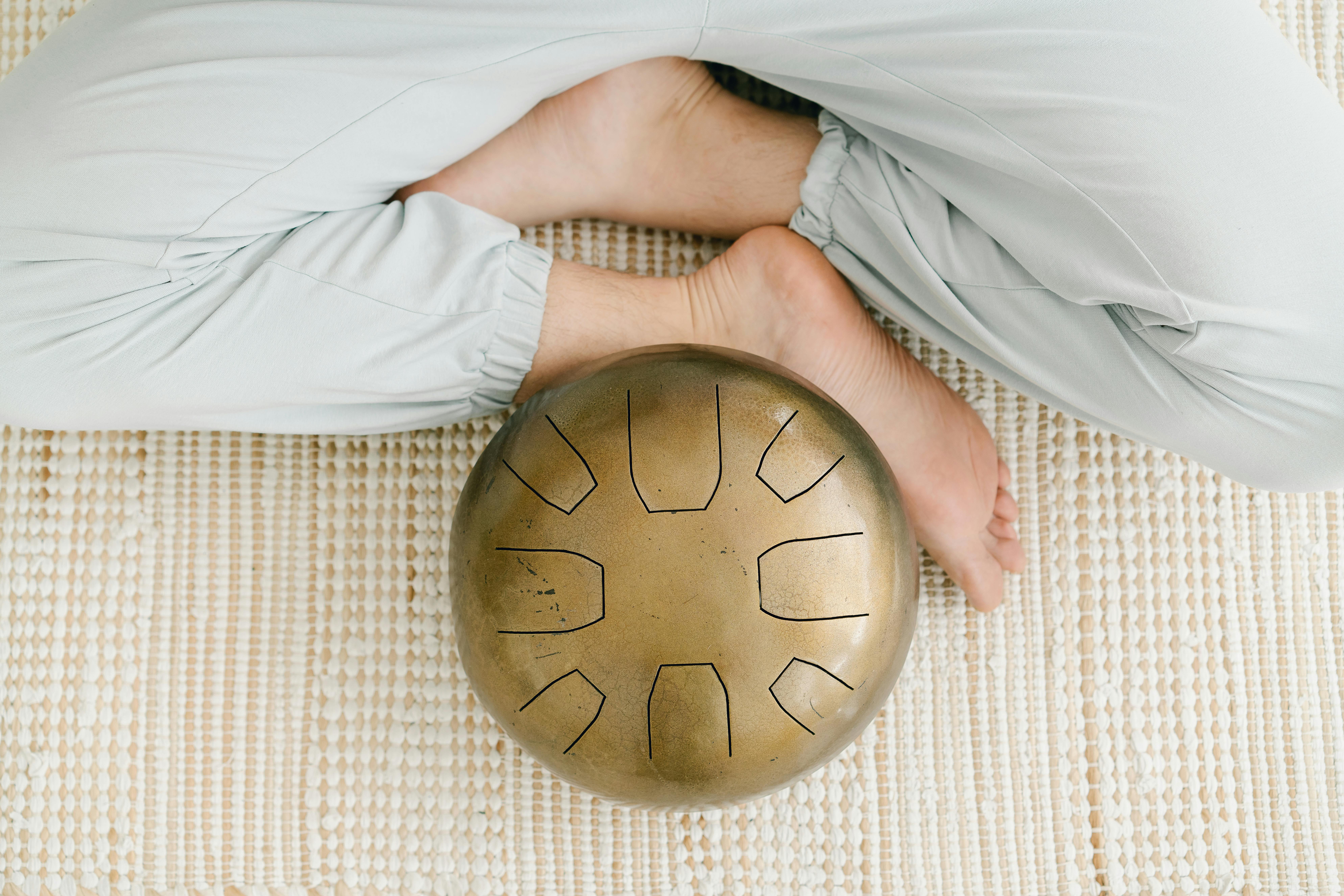Does it surprise you to hear how many new mothers experience crippling loneliness? In fact, recent figures (published by Mumsnet and ChannelMum.com) show that more than 90% of mothers admit to feeling lonely after the birth of their children. You could be forgiven for thinking that with so many of us choosing to have children later in life, it would be a time of contentment, fulfillment, joy, and gratitude. We have planned our lives, our careers, our homes and we choose the optimal time for the growth of our family.
Certainly, we are bombarded with enough images of perfect happy families on social media, in magazines, and on TV. However, the reality is usually very different and rarely refers to the degree of loneliness and the new mother.
In fact, 60% of women try to hide their low mood and feelings of loneliness. Feeling depressed, lonely, or vulnerable can make us feel conflicted and determined not to reveal how bad we feel, especially if everyone we know seems to be living the dream.
Additionally, a quarter of families with young children, approximately 2 million, are being raised by a single parent, usually the mother. Being alone, perhaps away from family, without a supportive partner, can further exacerbate feelings of isolation. Or having moved away from home can result in loneliness after labor. 35% feel the loss of close relationships and immediate social networks, often without meeting their new neighbors.
Of course, there are also many additional factors to consider.
– The effect of hormones. It’s often forgotten, but pregnancy wreaks havoc on a woman’s hormonal balance, sometimes long after the baby is born. Plus, a newborn child brings a lot of added responsibility, often compounded once the first few weeks of support have subsided.
– When one has been professional, businesswoman in control it is disconcerting to find yourself overwhelmed and hopeless, lost and unable to cope, helpless feeling ‘I can’t do this’. Remember that even if you feel like it, you are not alone in experiencing these emotions. Be kind to yourself, allow others to help you, get professional support, and give yourself time to heal.
– It can be difficult accept how completely your life has changed. Yes, you may have really wanted a child, thought about the implications and impact a child would have on your life, but the reality is that living it 24/7, every day of the week , is often very different. Getting up regularly in the middle of the night because your baby is crying or needs feeding can be taken on as her responsibility. There may be guilt or a feeling of obligation to do everything and do it right because now you are not taking on the main financial burden and going to work every day. Motherhood is your role now.
– Appreciate that the baby has brought a sudden and massive change to your identity and role in life. Instead of pursuing your career, making decisions, solving challenges, and enjoying thought-provoking conversations, your life is now more ambiguous, largely dictated by a demanding, tiny human. Allow yourself to grieve a little about your former life. This total transformation may have been an unforeseen revelation, leaving him in limbo, adrift with no warning of what was really involved.
– Once the relentless weariness, the lack of stimulation and the frequency of being alone has established itself in you, you may be facing a stark and lonely reality. 26% of young mothers report leaving home once a week or less, and some leave only once a month (Young Women’s Trust). This can have a big impact on your confidence and self-esteem. Worries about knowing how to be a good parent, as well as coping with the noticeable changes in your body, your appearance, the effect on your financial freedom, the very different conversations you now have with your partner, can all be too much to reconcile. post baby.
– The idea of leaving home. makes many new moms apprehensive. The logistics alone can be daunting. Carrying a baby requires many things. Loading and unloading a car or using public transport can be a slow process and if the baby becomes unruly it is even worse, it becomes annoying and embarrassing. 73% of mothers report experiencing rude or unpleasant behavior and changing toilets in public toilets or feeding your child can be difficult.
– Financial concerns they are an important factor in the world of a new mother. Even when money has been discussed and budgets agreed upon, many new mothers are loathe to spend money on non-essentials like coffees, lunches, or personal items like new lipstick. Lack of cash is a factor in 40% of mothers feeling lonely. Babies aren’t cheap, and the concern that three people can now live on one wage, even temporarily, can further reinforce a new mother’s decision not to socialize when it means spending money, pushing her into further isolation.
– Invite other moms just to have a coffee., you may not feel comfortable as the home is unlikely to be as tidy as it was before the baby. Wanting to be a good hostess, maintaining quality standards, can be determined from the issuance of invitations. Being too tired, feeling like it’s too much effort, and having few interesting conversations to offer can discourage feeling sociable, resulting in further isolation and loneliness.
Gently, gently may be the way to transition into your new role. Frequent places where other new moms go; the park, the soft play, the leisure centers and little by little he makes friends with those who are alone. Smile and find some initial common ground. Exchange phone numbers so you can keep in touch, chat, and maybe meet up for coffee. Look for a local baby or children’s ‘open house’ group. Negotiate some time each week to spend with people your own age; At first, it may be hard to leave your baby, but it’s important to retain some of her own identity. Find ways to reduce her loneliness.










